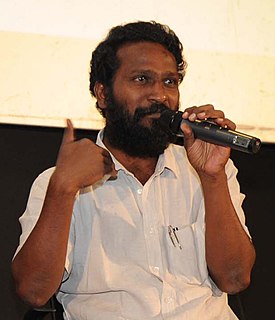A Quote by Hutch Parker
Ultimately as much as the film industry is a business, it's a democracy. And the audience votes on how they feel based on the way they spend their money for tickets.
Related Quotes
Filmmakers need to give the audience that something extra, an incentive to spend money and go to the multiplex - the ticket prices are high. Otherwise they'd just stay home, buy DVDs or download movies. But if there were only big budget movies it would be impossible for the film industry to survive. So I emphasize the importance of mid-range films. But those films need the support of theatre owners. The theatre chains have to have the vision to realize the need to support smaller films for the growth of the domestic film industry.
You go to the cinema and you realize you're watching the third act. There is no first or second act. There is this massive film-making where you spend this incredible amount of money and play right to the demographic. You can tell how much money the film is going to make by how it does on the first weekend. The whole culture is in the crap house. It's not just true in the movies, it's also true in the theater.
So much business is based on the belief that we should do whatever we can within legal limits to make as much money as we can. Ben & Jerry's was based on values, and we try to operate a business that not just sells ice cream but partners with all our stakeholders - whether that's suppliers or customers - to bring about a more sustainable world.
































